India is agrarian country in which majority of peoples are dependent on Livestock for there livelihood. 4.11% of Total GDP is contributed by the livestock sector which indicates our economy is also dependent on the livestock sector. As per 20th livestock census total livestock population of India is 536 million. It’s very important to be focused on the health of livestock and improve the health and welfare status of animals and birds (poultry).
Understanding the relationship between Livestock health and human health
Improvement in animal health is also helpful in improving and upgrading the health of human being. Since most of the diseases in the human being are zoonotic i.e 60% of the Total diseases. Simply taking proper care and management practices will improve the health condition of the animal. Taking precautionary measures during working In field and farm, will improve animal health as well as reduce chances of human getting infected with zoonotic diseases. Proper lab diagnosis of infectious diseases of particularly microbial and parasitic origin is very important when it comes to the health of veterinarian or lab Technician. Providing proper guidance and information to the farmers also play an important role in avoiding chances of farmers getting infected from livestock.
Challenges in Livestock Health
- Lack of proper infrastructure availability.
- Unscientific practices in livestock sector needs to be addressed.
- Insufficient number of veterinarians.
- Lack of veterinary Health Centers.
- Lagging behind in depth research.
- Lack of feed formulation units.
- Insufficient breeding and research units.
- Effect of climate change.
- Not focusing on organic farming.
- Addressing socio-economic problems of farmers
Way Forward
- By taking simple steps and proper implementation can make a positive change in health of livestock .
- Focusing on proper disposal of poultry waste.
- Enforcing bio-security legalities.
- And moving ahead in the way of sustainable development.
- Practicing the organic farming.
- Standardizing the norms related the bio-safety.
- Efficient use of disinfectants in the farm .
By making these resolution we cannot be far away in achieving a healthy life of livestock, which in turn will reduce the chance of getting diseases.
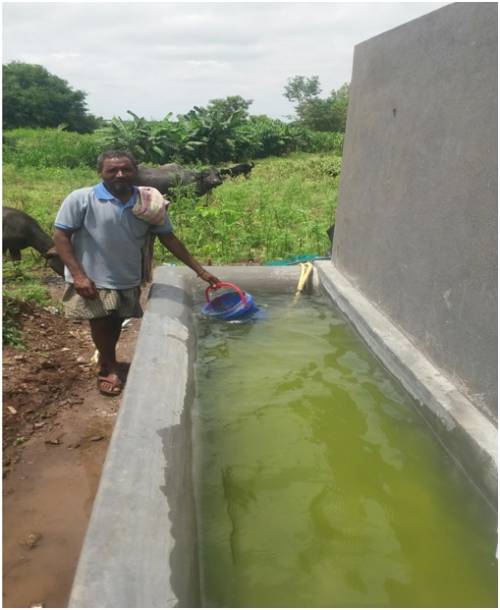
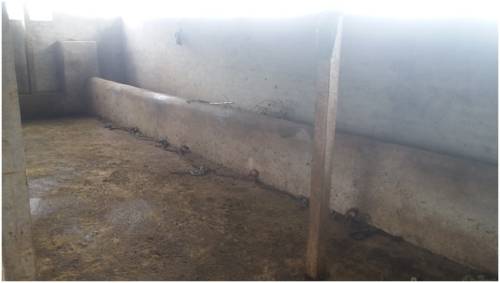
Animal Disease
Our economy and sustainable development itself dependent on the health and performance of the livestock, so there is a prime need of controlling the animal diseases in livestock. Most of the diseases in animals are responsible for the low production and less efficiency of animals. Due to agrarian nature of our country it is also important to control the diseases in animals to control zoonotic diseases in Human. Zoonotic diseases are an infectious diseases that is transmitted between species from animals to humans (or from humans to animals) by the direct or indirect contact. Recently Government of India has come up with an important programme called National Animal Disease Control Programme (NADCP), objective of this program is to control the FMD and brucellosis by the end of 2025 through nationwide mass vaccination in animals.
Genetic Diseases of Animal
Those diseases which are due to the genetic defect, modifications in genes and which are transmitted through their parents to the off springs throughout all generations such diseases are known as genetic diseases. We can most efficiently control this type disease by carrying proper animal breeding program.
Infectious Diseases of Animal
Infectious diseases are those diseases which occurs due to the microorganism such as viruses, bacteria, fungi and prions etc. These diseases can be controlled by a proper diagnosis, treatment and better management practices. Most of the infectious diseases can be prevented by proper and periodic vaccination program.
FMD (Foot and mouth disease)
Highly contagious infectious viral disease of livestock, that has a significant economic impact. FMD affects cattle, swine, goat, sheep, and other cloven hoofed ruminates. The disease is characterized by high temperature, Blister like sores on tongue, lips, mouth, teats and between hooves. Economic losses due to FMD are decrease in milk yield and decrease in production of meat and wool.
Brucellosis in Cattle (Contagious abortion, Bang’s disease)
Brucellosis is a bacterial disease and Brucella aborts is the major causative organism of brucellosis in cattle. Brucellosis is zoonotic in nature causing undulating fever in humans. In animals brucellosis leads to abortion, stillbirth, retention of placenta, orchitis and decrease milk production. It can be diagnosed by the brucella milk ring test, ELISA, etc.
Many other viral diseases like rinderpest, mucosal disease, canine distemper, swine influenza, rabies, Marek’s disease, Pox (goat/sheep) etc. and Bacterial diseases like anthrax, Gas gangrene, Listeriosis contagious caprine pleuro pneumonia, Contagious bovine pleuropneumonia, Tetanus etc. are adversely affecting animal health which in turn leads to decrease production and economic impact. Therefore we need to be more focused on improving livestock health by controlling and eradication of animal diseases through utilizing diagnostic labs for timely identification of diseases, getting proper guidance from veterinarians, maintaining regular records and following proper periodic vaccination program. By following such guideline we can definitely achieve better livestock health.


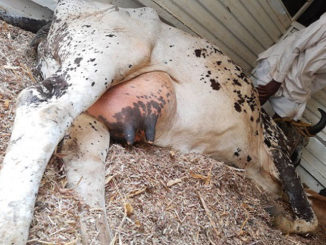
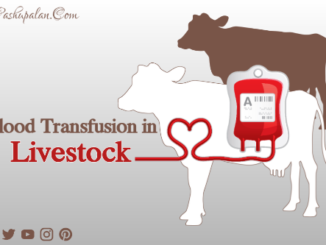
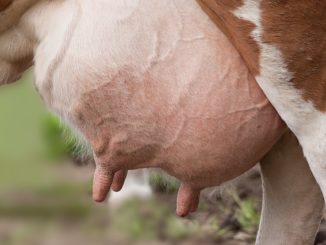

Be the first to comment